Thanksgiving is a wonderful time to feast with your family and friends, but this tradition can be distressing for your pet if certain precautions are not taken. Our Oliver Animal Hospital team shares their top tips to help ensure your pet stays safe on turkey day.
#1: Don’t let your pet participate in the feast
Our veterinarians in south Austin typically see an increase in pancreatitis cases during the holidays because owners want to share decadent foods with their pet. However, feeding your pet table scraps after the big Thanksgiving meal can result in pancreatitis—a painful, and possibly life-threatening, condition. Other food considerations include:
- Turkey — Cooked turkey bones can splinter easily, creating a choking hazard or causing injury to your pet’s mouth or esophagus. In addition, if your pet ingests an undercooked piece, they could be at risk for Salmonella poisoning.
- Unbaked dough — Unbaked dough containing yeast is extremely dangerous for your pet. If ingested, the yeast will expand in your pet’s stomach and cause a blockage. Also, when the yeast begins to ferment in your pet’s stomach, the process can cause alcohol poisoning.
- Onions — Onions, leeks, chives, and garlic cause your pet’s red blood cells to become fragile, resulting in hemolytic anemia. All forms of these vegetables are dangerous for your pet, including the granulated powders used for seasoning. Initial signs include lethargy, vomiting, and diarrhea, and as the condition progresses, signs include pale mucous membranes, weakness, and blood in the urine.
- Chocolate — Whether in a pie, a cake, or candy form, chocolate, especially baker’s chocolate and dark chocolate, is dangerous for pets. Caffeine and theobromine found in chocolate cause central nervous system stimulation and increased epinephrine levels. Signs include restlessness, vomiting, and diarrhea.
- Xylitol — This artificial sweetener is commonly found in sugar-free desserts. If ingested by your pet, xylitol causes a dose dependent insulin release that results in a profound decrease in blood sugar. Signs include weakness and seizures.
#2: Choose pet friendly floral decorations
Many common plants used for fall decorations are toxic to pets. These include:
- Autumn crocuses — These plants contain colchicine, which is extremely toxic to pets, causing vomiting, gastrointestinal bleeding, liver and kidney damage, and respiratory failure.
- Chrysanthemums — Commonly known as mums, these plants contain pyrethroids. Signs include drooling, coughing, vomiting, agitation, and shaking.
- Hydrangeas — These plants contain amygdalin, which produces cyanide when metabolized by the body. Signs include vomiting and diarrhea, and in severe cases, ingestion can cause lethargy, depression, and disorientation.
#3: Ensure your pet stays safe and stress-free if you host a party
If you are hosting the Thanksgiving meal, you may have many people visiting your home. This can be upsetting for some pets. Steps to protect your pet include:
- Create a quiet zone — If your pet is shy or becomes excited around new people, they will be more comfortable staying away from the commotion. Keep them in another room where they can relax. Give them a food-puzzle toy to keep them occupied, and check on them frequently to ensure they are calm.
- Watch the exits — If your pet is comfortable mingling with your guests, ensure they don’t sneak out an open door. Post signs on your doors to remind you and your guests to watch for your pet when going in and out.
- Keep your pet away from your guests’ bags — Your curious pet may investigate your guests’ bags and discover dangerous items, such as human medications and gum or breath mints containing xylitol.
- Microchip your pet — If your pet does go missing, a microchip is the best way to ensure they are returned safely. Our south Austin veterinarians will be happy to microchip your pet at their next wellness exam. Your pet also should wear a collar and identification tags that have your current contact information.
#4: Ensure your pet stays safe and is prepared when traveling
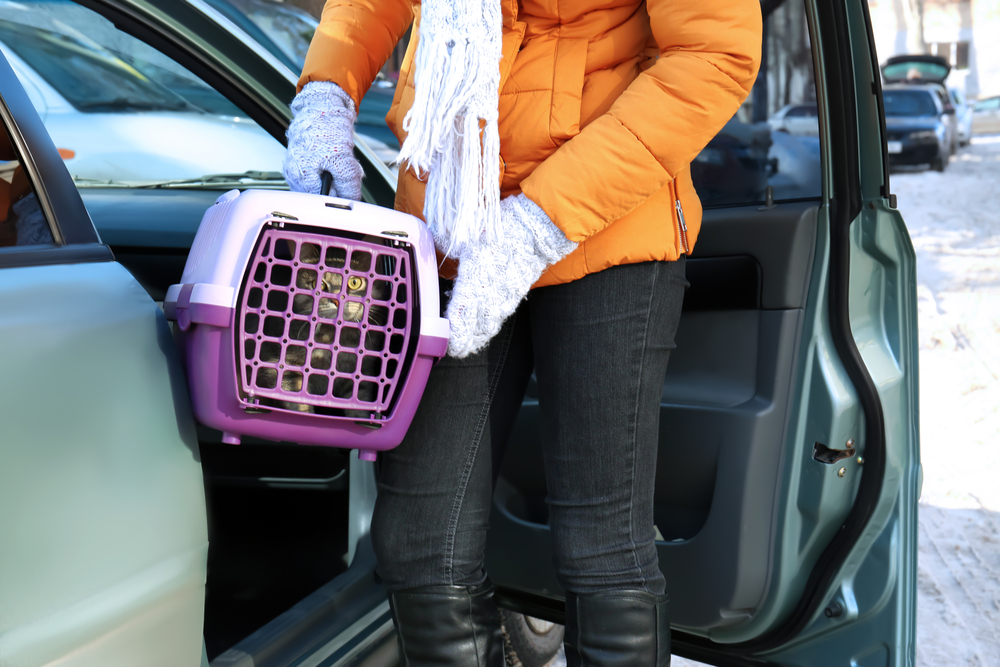
If you decide to take your pet on a Thanksgiving journey, considerations include:
- Health certificate — Your pet will need a health certificate issued in the last 30 days before travel if you are crossing state lines or traveling internationally. This is required whether you are traveling by car, train, or plane. You can research the requirements for each state before your trip.
- Vehicles — Never leave your pet unattended in a parked vehicle. They can become overheated quickly, and heatstroke is a life-threatening condition for your pet. You also should always restrain your pet when they are riding in your vehicle. Smaller pets should be kept in a carrier placed in a location away from airbags, and larger pets should be secured using a harness.
- Air travel — Unless your pet can travel in the airplane’s cabin, you should reconsider taking them on your flight. Transportation in the plane’s cargo area is dangerous and unpredictable for pets.
- Luggage — Pack a bag for your pet that includes their food, medications, favorite toys, treats, and medical records. You also should bring plastic bags and disinfectants to clean up accidents.
Don’t let an avoidable mishap interrupt your Thanksgiving celebration. Use these tips from our south Austin veterinarians to safeguard your pet on turkey day. If you would like to have your pet microchipped before the holiday season, contact our team at Oliver Animal Hospital to schedule an appointment.


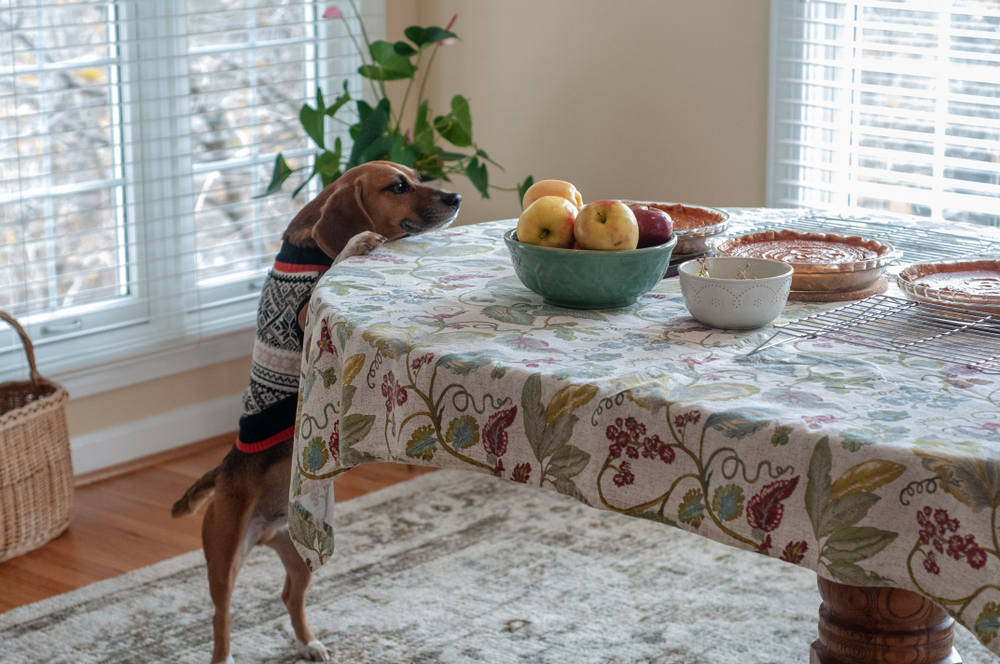
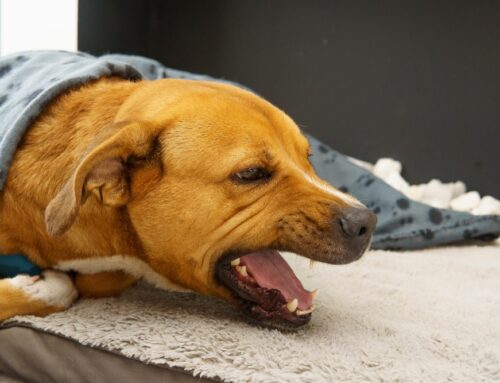
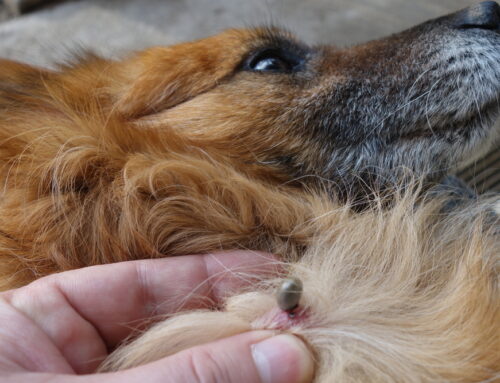
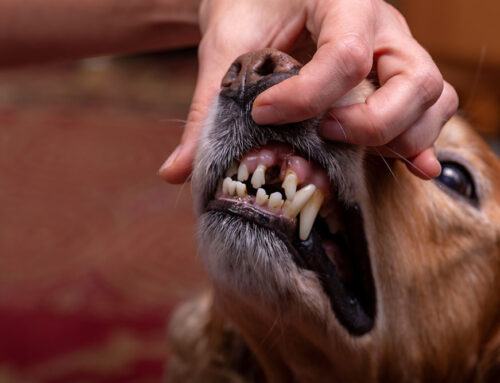
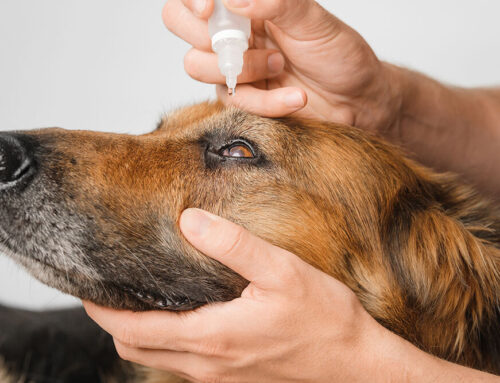
Leave A Comment